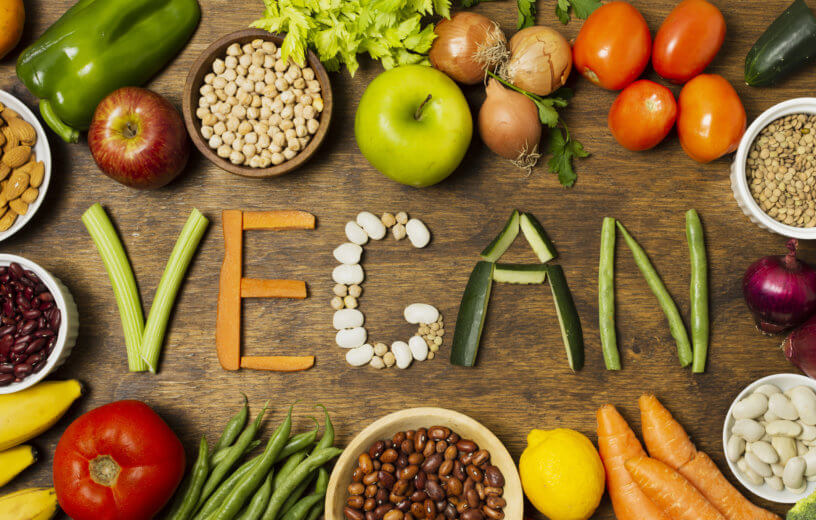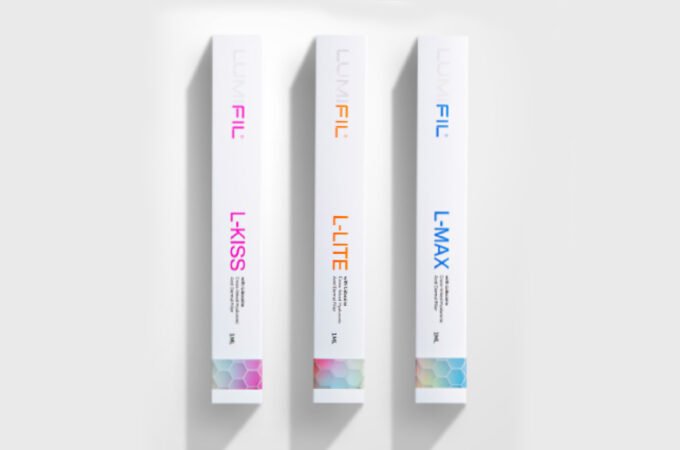
How Veganism is Reducing Environmental Impact
When most people think of veganism, they think of animal rights activists. There will always be an inseparable bond between vegan causes and saving the lives of animals. Animal welfare is one of the highest priorities on every vegan’s list.
What many people don’t consider is the impact vegans have on the environment. Vegans are, in some ways, helping to save us all.
What Cattle Farming Does to the Environment
Cattle farming damages the environment in three ways. The first way is by cows merely existing in large quantities. Cows have digestive systems just like everyone else. They release and produce methane, but because of their sheer size and the volume that they eat, their natural emissions are significant contributors to greenhouse gasses. About 10% of all greenhouse emissions come from farming.
The first most significant way that cattle farming damages the environment is through consumption of resources. A single pound of beef takes almost 180,000 gallons of water to raise. In comparison, the average person uses 17 gallons of water to take a shower. One pound of beef is a daily shower for over 10,500 people, and a cow yields 440 pounds of beef. When you consider the resource appropriation, it’s astounding.
Cattle farming also damages the environment through runoff water. The runoff from cow manure that becomes wet from rain can make its way into rivers or the public water supply, introducing contaminants. This can damage the plants and animals who depend on that water for their survival, not to mention the negative impact it can have on public health.

Living Without Beef and Dairy
Beans, peas, chickpeas, and lentils are excellent vegan sources of protein, and raising them utilizes far less water. They also don’t spread diseases in their runoff water, which is a huge benefit of anything you eat.
Living without dairy is easier than you may think. You can grab a pint of plant-based ice cream and enjoy it with an oat milk latte. Dairy-free foods are everywhere.
What Poultry Farming Does to the Environment
Chickens have to poop a lot, and their waste is very high in nitrogen and phosphorus. Because their waste is everywhere, it’s very hard to manage. It often makes its way into groundwater, eventually traversing to bodies of water where it will create giant algae blooms. These algae blooms eat up all the oxygen in ponds and lakes, killing all the fish that live in them.
Chicken farming introduces ammonia into the air and spreads salmonella everywhere. This can make people and animals seriously ill. The heavy metals contained in chicken waste can permeate the ground, leaving it barren or making the plants that grow there dangerous for people or animals to eat.
Living Without Poultry
There are plenty of vegan protein sources. The hardest thing for most people would be living without eggs. Eggs are important to baking and they’re a breakfast staple. In baking, eggs can be substituted with “flax eggs,” ripe bananas, and chickpea starch. At the breakfast table, readymade plant-based protein scrambles look at taste similar to scrambled eggs and can be prepared the same way. If you already use egg products from a carton, this switch is very easy.
What Overfishing Does to The Environment
Many people don’t realize the effect that overfishing has on the environment. Fishing isn’t something that we ordinarily see. Most people in America don’t even live near a coastline, and those who do won’t often see professional fishing boats at work.
Fishing negatively impacts the environment in a very unique way. Wild caught fish seem more humane to most people, and it’s easy to make the argument that fish in the wild cannot be inhumanely raised. They’re living the way nature intended for them to live up until the moment they’re caught. That’s precisely the reason why it’s a bad idea to catch them.
Marine ecosystems can self-regulate. There’s a food chain in the ocean, and it’s just as important to the creatures and plants that live underwater as it is to the animals that live on solid ground and use fish as food.
Overfishing dramatically disrupts that proper balance. Taking away too many fish from a particular area can negatively impact their population, preventing them from playing their roles in the natural order of things. It’s harder for seabirds to find substantial food, and if they die, they can’t keep the insect population in check. If the shores become overrun with larva, the balance in the ecosystem will change.
Nature is already doing what it needs to do. It has established its checks and balances. When you’re taking away an important part of nature’s well laid plans, every single plant and animal involved in that chain is negatively impacted. If the ocean’s balance goes awry, we’re ruining the entire world’s water. That’s a terrifying thought.
Living Without Fish
Living without fish in your diet isn’t a problem, as long as you’re getting enough omega 3 fatty acids from plant sources. If you’re going to miss your favorite fish based dishes, there are plenty of recipes that substitute fish for plants. Jackfruit “crab” cakes are surprisingly delicious.

How Vegans Protect the Planet
Vegans don’t use any of the products from these industries. They’re reducing demand, which means they aren’t contributing to the environmental destruction being caused by mass factory farming and overfishing.
Vegans are doing themselves a favor by living a lifestyle that supports their conscience, but they’re also doing you a favor. Every person who becomes vegan is reducing the negative impact that the meat, poultry, and fish industries have on the environment. We all share the same environment, which means that vegans are looking out for you just as much as they’re looking out for themselves.
The Takeaway
If you’re looking to make more environmentally conscious decisions, cutting out animal products is a large and impactful first step. Even just significantly reducing your consumption of animal products will reduce the demand for them, thereby limiting the damage caused by the meat industry.
Snow Monkey cares about the environment. Their plant-based ice cream is made from fruits, sunflower seed butter, and maple syrup. If mother nature didn’t make it, they don’t use it. Nutrition is just as important to them as sustainability. They’ve worked hard to source packaging and to source their ingredients from sustainable farmers.
They work with companies like Tenzo, their supplier for the matcha for their Matcha Green Tea ice cream. Their matcha farm in Japan is organic, sustainable, and responsible. They chose Tenzo because we know they care about the environment just as much as we do.
The next time you shop for food, consider what the true price of your meal is. It might be cheap in dollars, but it’s usually a lot more expensive in environmental impact. Swapping to foods from sustainable farms or prepared foods made of sustainable vegan ingredients can make a huge positive difference for the entire world.




